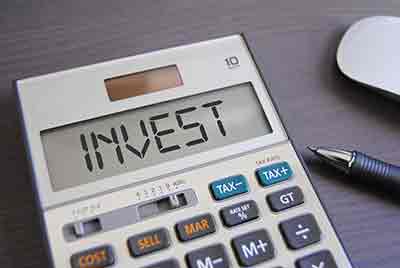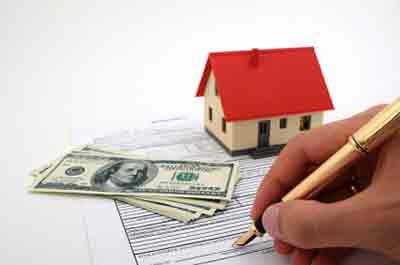Purchasing an Investment Property.
Whether you’re looking to
generate monthly cash flow,
 or flip a property quickly to take advantage of the market in your area, we have a wide array of investment loan packages to fit whatever stage your investment portfolio is at. Contact us today to see what your options are and let us help you determine what type of investment loan would be best for your next project.
or flip a property quickly to take advantage of the market in your area, we have a wide array of investment loan packages to fit whatever stage your investment portfolio is at. Contact us today to see what your options are and let us help you determine what type of investment loan would be best for your next project. APPLY
Who is Eligible?
Investment loans are structured slightly different
 than their traditional loan counterparts. As you become a more
than their traditional loan counterparts. As you become a more seasoned investor,
the process gets more streamlined; though in the beginning lenders want to ensure you are not only serious, but fully understand the project(s) you are taking on. As a result, many lenders will look to ensure you have solid financial standings. The upside with qualifying for these types of loans is that even as a novice investor, lenders do not strictly look at one aspect of your portfolio. Rather than solely focusing on income for instance, borrowers have more freedom to leverage cash reserves and other assets depending on the lender’s criteria. Down payments are almost always required in some capacity, typically starting around 15-20% for a single family home or 25% for a multi-unit property, though if you have the cash to put more down, it can broaden your lending options. If you currently have properties that you’re renting out, you can often use a portion of your monthly income to help you qualify. If you have flipped and / or managed properties before that could further help as banks like working with experienced investors.APPLY
What are the General Requirements?
For starters, credit. While there is no minimum
 score that lenders set across the board, generally good credit is a must. As income, assets, cash reserves, and
score that lenders set across the board, generally good credit is a must. As income, assets, cash reserves, and down payments come into play,
they can balance out less than perfect credit, though the better the credit, the less critically the lender with judge the other aspects of your overall profile. Like previously mentioned, cash reserves and assets do help during the qualifying process and go along way with many lenders. While, like credit scores, there are no across-the-board minimums, a good benchmark is typically around 6 months of cash reserves on hand, and enough to cover all closing and transfer costs. Here is another place where other factors, such as your previous experience, begin to come into play. If you have a solid portfolio of previous deals, that can boost your credibility with a lender and depending on your debt-to-income (the lower the better, though typically no more than 50%) and aggregate outstanding balances, may help compensate for a lack of large cash reserves on hand at any given time. Down payments can be low with a good combination of any of the aforementioned factors, around 15% in many cases, though down payments in the 20% range negate the need for mortgage insurance and are sometimes required by lenders. Proof of income either in the form of W2’s for employees or tax returns for self-employed borrowers may be required though again, this is lender dependent and many can use a combination of other factors to determine a borrowers eligibility. Whether you’re working to acquire your first investment property, or you’re a seasoned investor with a portfolio full of properties, contact us today and let us help find the best type of investment loan for your next project!Type of Investment Loans.
BankHand has a wide array of packages to fit your
 investment needs.
investment needs. From fixed rate
longer term loans, to short term loans with variable interest rates, we’re sure to have a program that would work well with whatever project you are looking to take on. The most important thing to start with is laying out what project you’re interested in, and what criteria are most important to you. Are you looking to acquire a property you want to rent out? Determining the type of rental income you can expect from a similar property in the same area could help narrow down the term of the loan and monthly payment range that makes the most sense for you. If you plan to purchase a property as a long-term investment, a more conventional fixed interest loan might be a better fit. Perhaps you found an aggressively priced property that you plan to renovate and put back on the market quickly? A shorter term, lower down payment loan that begins with interest only payments may be a good option for you. Something to carefully calculate regardless of property type: vacancy and slower than expected markets. Make sure that if you’re planning to rent, you can cover your loan payments during months you may experience less than full occupancy. Similarly, if you’re looking to flip a property, make sure than you’ll be able to afford unexpected delays in construction or a property taking longer than anticipated to sell. Never make calculations based solely on best case scenarios, always have a cushion to carry you through unexpected variables.What the differences between income producing and non-income producing properties?
Within the investment real estate space, there are
 a multitude of different kinds of investments.
a multitude of different kinds of investments. 
